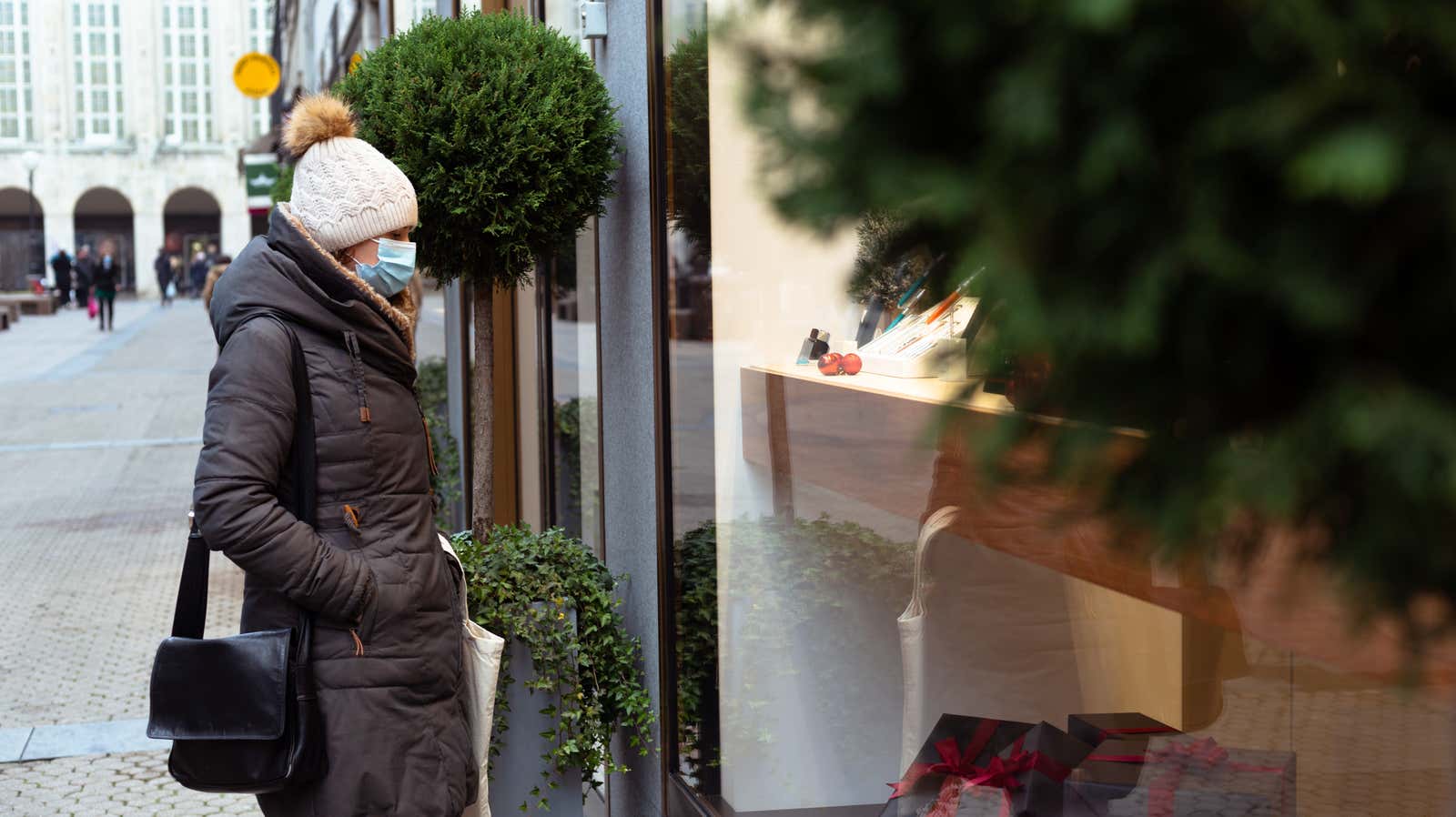Why Will We Wear Masks for a While?

As much as we miss Before Times – when we didn’t have to wear masks and could go to crowded places, travel, have parties, attend concerts and eat at the same table with friends and strangers – those days will not return. soon. No matter how good the vaccine news is, hold onto your masks.
Eventually, we may be able to get rid of them, but we do not expect to return to normal before the pandemic in the next year or two. That’s why:
We do not know if the vaccine prevents transmission.
So far, efficacy data show that both the Pfizer / BioNTech vaccine (the first COVID vaccine licensed for use in the US) and the Moderna vaccine (which is likely to become the second) are good at preventing disease in humans.
But we don’t know if the vaccine prevents you from getting the virus or if it just stops the infection that is causing you to get sick. It is likely that he does both, but we just don’t have enough information to tell.
Therefore, if you get the vaccine, you can still transmit the coronavirus to other people. Even if you are one of those lucky ones who have already received the vaccine, you should still wear a mask when you are around other people.
Not everyone can get the vaccine
Stocks are so limited right now that only a handful of people can get the vaccine. (It is first given to healthcare professionals and residents of healthcare facilities such as nursing homes; other high-risk people will follow.)
But even when more doses are available, not everyone will get the vaccine. Some people may decide not to. Some may have a health cause, such as an allergy to an ingredient in the vaccine.
And, very importantly, the vaccine is not approved for children. The Pfizer vaccine is for people aged 16 and over, and the Moderna vaccine is for people 18 and over. No manufacturer has yet conducted large-scale trials on children.
So children and many teenagers will have to wear masks for some time. Although children are not likely to be seriously ill, they can still spread the virus – probably less frequently than adults , but research is ongoing. Children make up more than 20% of the US population, so herd immunity will be difficult or impossible to achieve until they are vaccinated.
During this interim time, when not everyone is vaccinated, expect meetings and travel with caution and masking rules. It is unlikely that anyone would be willing or able to check medical records at concerts, parties, or family gatherings, so distancing and masks are likely to continue to be required in many contexts while we wait for COVID cases to decline.
Masks are good actually
Before COVID, wearing a mask in public was a bit of a stigma. To be honest, at first I was not sure if the Americans would be able to accept this trend. But masks have been popular in Asia for years , and they are used for more than just pandemics.
Masks help keep germs from spreading if you have the common cold or flu, and this is how they have been used for a long time in Asia. In addition, they can be useful in other situations, for example, to warm the nose when the scarf just falls off.
So even if the vaccine rolls out quickly, and even if it turns out to be safe for everyone, and even if it proves to be effective in preventing transmission, we will wear masks to prevent COVID at least for a while. And after that they will still be at hand.
Bugfix: In an earlier version of this article, the word “not” was omitted from the sentence “And most importantly, the vaccine is not allowed for children”.